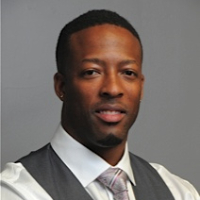Somersville Criminal Lawyer, Connecticut
Sponsored Law Firm
-
 x
x

Click For More Info:
-
Andrew M Amendola, Attorney at Law
591 Thompson Avenue East Haven, CT 06512» view mapAccident & Injury, Criminal, Estate, Real Estate Where Every Client Matters
Let Andrew M Amendola, Attorney at Law handle all your legal needs today@
800-942-4780
John M. Loconsolo
✓ VERIFIEDAccident & Injury, Estate, Divorce & Family Law, Criminal
John M. Loconsolo is a practicing lawyer in the state of Connecticut handling personal injury, criminal, family law, and estate cases.
Donald Edwood Howard
Car Accident, DUI-DWI, Slip & Fall Accident
Donald is orginally from Chicago, Illinois. He is 2003 graduate of Mississippi State University (MSU). He received his Masters in Public Policy Admini... (more)
James L Katz
Real Estate, Family Medical Leave Act (FMLA), Family Law, Criminal, Divorce & Family Law
Status: In Good Standing Licensed: 41 Years
Lauren Elizabeth Moss
Lawsuit & Dispute, Divorce & Family Law, Criminal, Accident & Injury
Status: In Good Standing Licensed: 18 Years
Michelle Mercier Vargo
Government, Divorce & Family Law, Criminal, Civil & Human Rights
Status: In Good Standing Licensed: 31 Years
 Andrew Amendola East Haven, CT
Andrew Amendola East Haven, CT AboutAndrew M Amendola, Attorney at Law
AboutAndrew M Amendola, Attorney at Law


